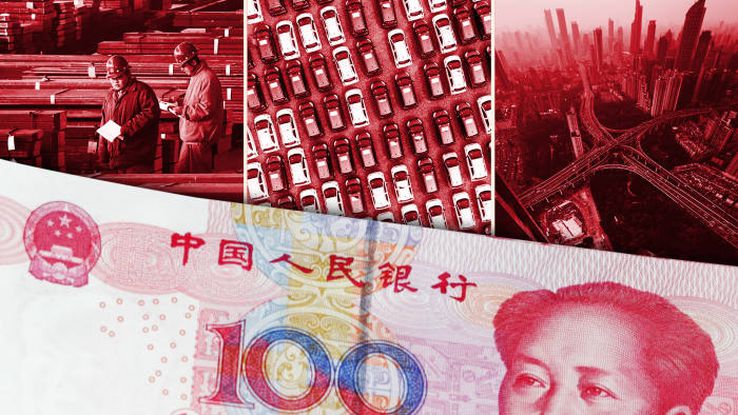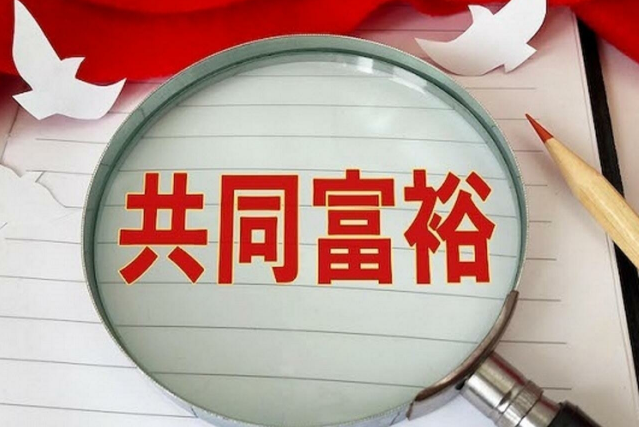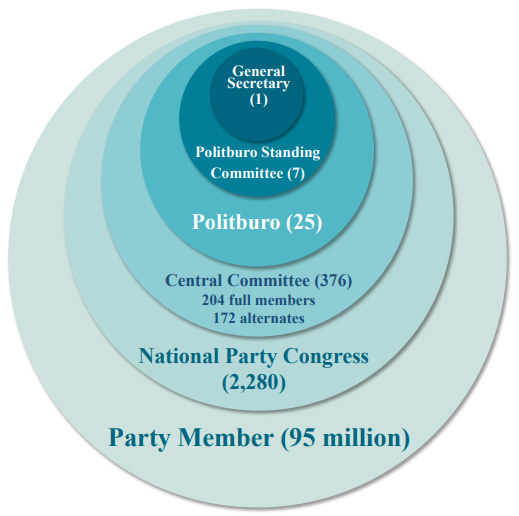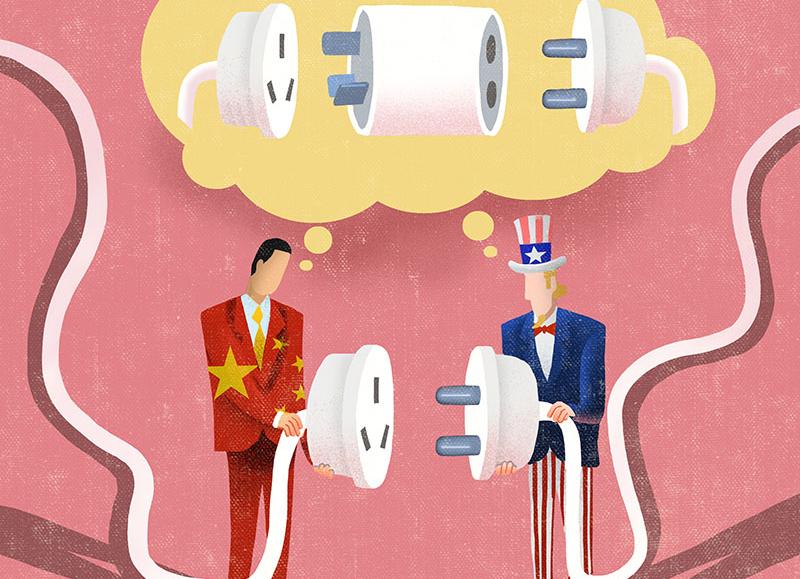Cheng Li, Director, John L. Thornton China Center, The Brookings Institution
Mar 02, 2022
The year 2021 brought sweeping regulatory crackdowns and drastic foreign policy moves in China. The Chinese leadership also recognizes the competing needs to play hardball and maintain socioeconomic stability during this sensitive political season.
Da Mei, An international affairs observer based in Beijing
Feb 26, 2022
In the age of globalization, foreign policy sways our daily life more than people could imagine. A trade war leads to soaring price of consumer goods, which means you have to pay more for groceries, and sanctions on solar panels could mean more greenhouse gas emission, which creates greater peril of climate change. Disturbingly, Washington’s current China policy, a policy that could mean the difference between war and peace, prosperity and destitution, is based on some seriously misleading claims.

Alicia Garcia Herrero, Chief Economist for Asia Pacific at NATIXIS and Senior Fellow at Bruegel
Feb 26, 2022
China’s regulatory practices defy Western ideals, but show alternative methods of tackling income inequality and social divides. The three most recent crackdowns in education, fintech, and real estate show how China approaches ‘common prosperity.’

Lawrence Lau, Ralph and Claire Landau Professor of Economics, CUHK
Feb 24, 2022
Unlike Britain and the United States, China actually walks the walk of human rights. It doesn’t merely talk the talk. What the Chinese mainland has taught us is that the zero-COVID policy is the most effective solution for avoiding deaths.

Wang Yuzhu, Research Fellow, Institute for World Economy Studies, SIIS
Feb 16, 2022
In China’s new development stage, the growth cycle needs to address the structural issues of economic growth and take into full consideration the issues of group equity, intergenerational continuity and climate inclusion.

Li Zheng, Assistant Research Processor, China Institutes of Contemporary International Relations
Feb 16, 2022
China has taken a path toward common prosperity that is different from that of the United States. It hopes to explore a Chinese solution characterized by modest, sustainable lifestyles that avoiding the overconsumption of the West. The race has just begun.

Cheng Li, Director, John L. Thornton China Center, The Brookings Institution
Feb 13, 2022
This fall, the CCP will convene the highly-anticipated 20th Party congress, setting the stage for significant leadership turnover. Li predicts that, while Xi Jinping will surely remain Party chief, as many as two-thirds of the Central Committee, half of the Politburo, and more than half of the Politburo Standing Committee will be newcomers.
Wang Yuzhu, Research Fellow, Institute for World Economy Studies, SIIS
Oct 18, 2021
The historical promise from the CPC to the Chinese people has been kept. The concept of common prosperity also has significant developmental implications in rebalancing the world economy. It does not mean killing the rich to help the poor.
Zhang Jun, Dean, School of Economics, Fudan University
Oct 11, 2021
Over the last 20 years, a number of thriving technology companies have emerged in China. This has invited much speculation about the country’s scientific and technological prowess, and about its ability to innovate. Some argue that China is already nipping at America’s heels in these domains, and has become a world leader in some sectors. Others believe that China is not quite as far along as it may appear, and the government’s regulatory clampdown on tech companies will impede its continued progress. Which is it?

Bunthorn Sok, Lecturer of International Studies at RUPP and Economic Diplomacy at ERA/RSA, Cambodia
Sep 07, 2021
In 2018, US President Donald Trump declared that the US had erred in backing China’s accession into the World Trade Organization in 2001. He was convicted that such political establishment had been lulled by China’s still juvenile economic situation in the late 1980s, and that American politicians failed to grasp that supporting China’s candidacy would create a political and economic risk to the US’ global hegemony.
Back to Top

- China-US Focus builds trust and understanding between the U.S. and China through open dialogue among thought leaders.
- Our Offerings
- Topics
- Videos
- Podcasts
- Columnists
- Research Reports
- Focus Digest
- Stay Connected
-
Thanks for signing up!
- Get the latest stories from China-US Focus weekly.